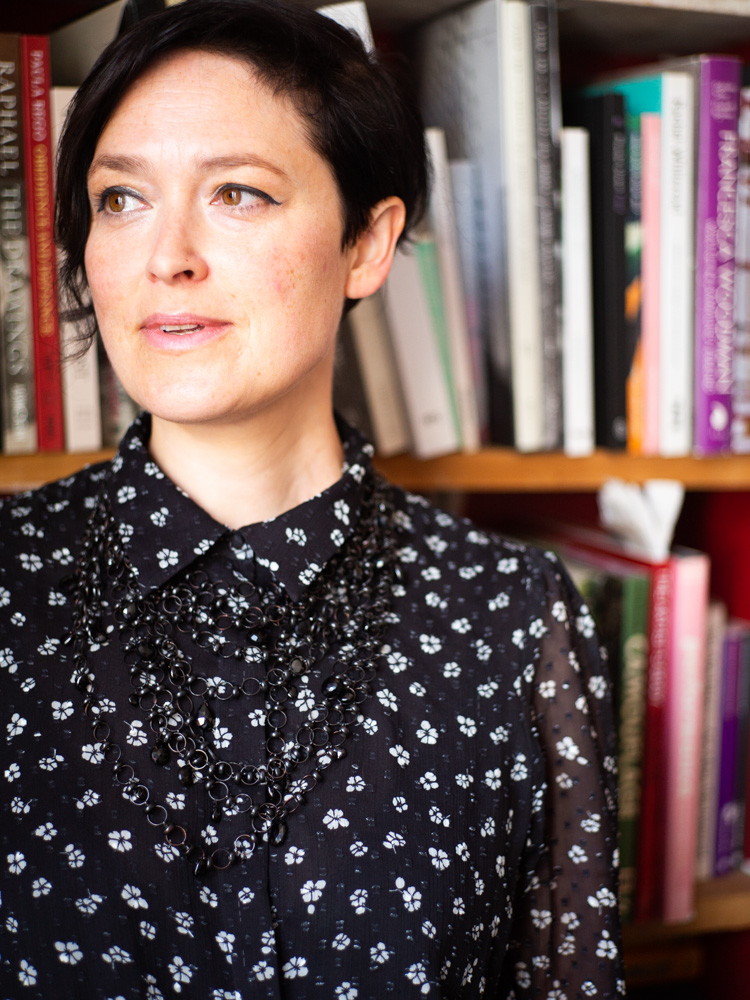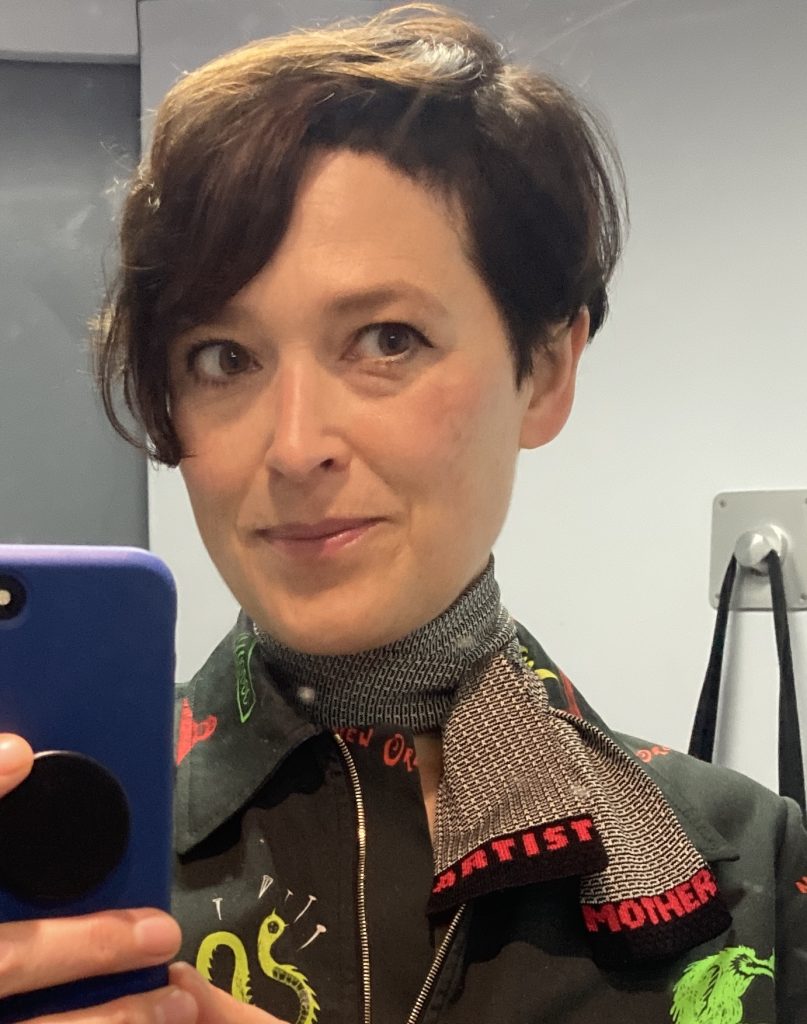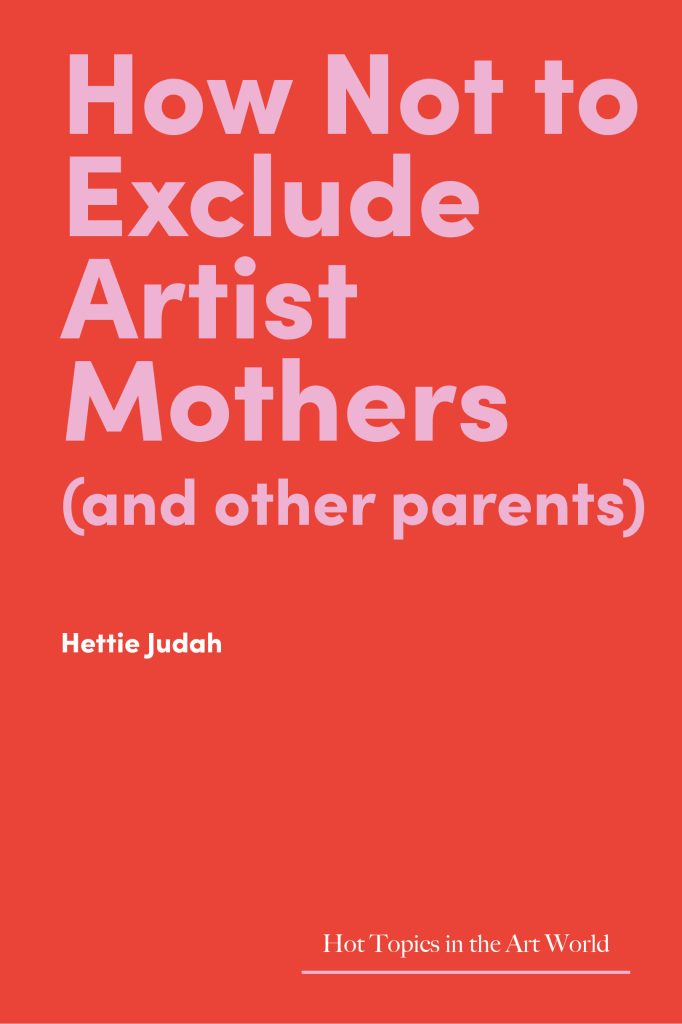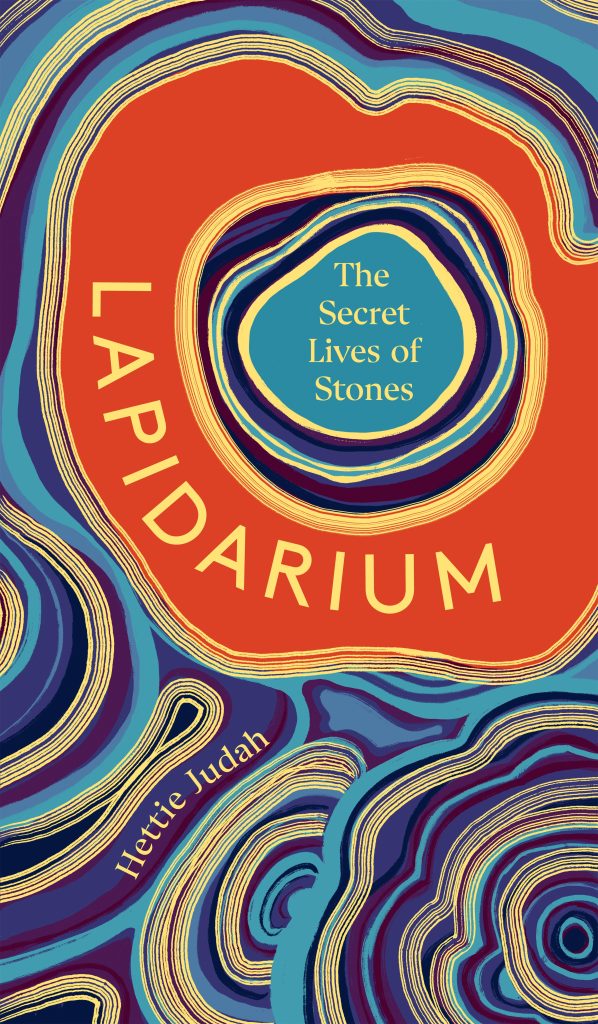
Hettie Judah
Name: Hettie Judah
Social media/online presence/website: www.hettiejudah.co.uk
Describe your art practice and your family dynamic: I am a writer and curator. My children are 20 and 22 and mostly live away from home now.
Have you got any upcoming events or plans that you can share: Currently I’m on a European tour talking about my research on art and motherhood – specifically the impact of motherhood on artists’ careers. I’ll be in Sweden from 16-19 February (my first visit – exciting!) and giving talks at the Moderna Museet on 17 February, and Göteborgs Konsthall on 18 February – both are during the day, and baby/ parent friendly. While it’s great to be given a platform to talk about my work, the great pleasure for me in this tour is to have a chance to learn more about the work of artist parents around Europe, and the relative experiences of artists and arts professionals in each country.
– Looking forward – in June and July I have two online exhibitions exploring motherhood/ parenthood – Naissance and Renaissance at Unit Gallery in London. Then in February 2024 I have a large touring exhibition On Art and Motherhood opening at the Arnolfini in Bristol. It will tour to four venues in the UK over 18 months. Currently I’m working on an art historical study on art and motherhood which should be published to accompany the show.
Tell us a little bit more about how your everyday looks like? Well, my kids are grown up (kind of) so I finally have a long, uninterupted working day! At the moment I’m touring Europe by train so my everyday is a little unconventional – very long train journeys, during which I have a chance to write and respond to emails. Then a full schedule of talks and events in each city when I stop off. If I’m lucky I’ll also have a chance to see a few exhibitions or visit a museum in each city to research representation of the mother figure in art. As I’m writing this I’m in the middle of an 8 hour train journey between Zürich and Berlin. When I’m in London my day is punctuated by dog walks and occasional yoga classes. It’s a big change after 21 years of care work as a mother!

You’re based in: London, England
Have you lived or studied elsewhere: I studied in Glasgow, Scotland. After having my first son I lived in the US for a year, then moved to Istanbul in Turkey, where my second son was born. We stayed in Istanbul for four years, and then moved to Brussels, Belgium. The three of us moved to London in 2010. It has been very interesting seeing the different attitudes to children, and the relative infrastructures provided in different countries. Children are welcome everywhere in Turkey, though the infrastructure is not great. Belgium was very well arranged for working parents: garderie (day care centre/’fritids’ in Swedish) service after school, subsidised holiday activities, buggy-accessible public transport and so on. The UK is terrible, in pretty much all respects.
Has your location affected you, your art practise, perspective and network: London is not an easy place to be a working parent in the art world. The distances to travel are large, and important event usually take place between 6-8 in the evening. For many years after I moved to London, when the boys were still young, I couldn’t participate very fully in the art world, where it’s expected that everyone is always available for out of hours events and trips to exhibitions and biennales. It has only been since I the boys got older and I’ve had a supportive partner that I have been able to travel for work, and go out in the evenings, allowing my career to flourish again.
What is your story on becoming a mother: I had children in my late 20s, and became a single parent when they were aged 7 and 9.
How much time a week do you spend on your creative work: These days, a lot! 60 hours or so.
Can you describe a moment or a piece of work or inspiration that you feel was a turning point in your life? My research into the impact of motherhood on artists’ careers started in 2019 – understanding the various ways the artworld (certainly in the UK) is not inclusive to parent caregivers has motivated me to work with a group of artists on the manifesto How Not to Exclude Artist Parents, and more recently, the book How Not to Exclude Artist Mothers (and other parents).

Could you see yourself as a mentor to another artist/mother / What would you be good at mentoring: I am a mentor already through a number of schemes – I mentor secondary school students through Arts Emergency, and female photographers through the TRACE program. Through a British network that I established with Jo Harrison – the Art Working Parents Alliance – I also help set up mentoring relationships for arts professionals in the UK.
How do you relax / source your power: Normally I’m running pretty close to empty!
(How) Has the pandemic changed your artist/work practise: On the one hand it made it very hard to work – I had no space and constant interruptions – on the other, because i was receiving a Self Employment Support Grant in the UK, I was able to pursue my own work (the study on artist mothers).
How do you handle worry: Sleepless nights.
Who do you discuss your ideas and future projects with: The dog.
Do you have someone that inspires your art practise or someone to reflect ideas with: There are so many amazing feminist agitators, art historians and writers who inspire me: Griselda Pollock, Lucy Lippard, Linda Nochlin, Jennifer Higgie, Lauren Elkin, Maggie Nelson, Silvia Federici, Saidiya Hartman, Adrienne Rich, Audre Lorde to name a few…
What excites you most about your future: I am going on my first residency – something that would not have been possible as a caregiver. One month in Tuscany with nothing to do but read and write. It sounds heavenly!
What advice would you give to emerging artists/creatives entering motherhood: Collectivise – join forces, share your experiences, support one another. As a group your voice is harder to ignore, so if something’s not right, you can push back against it more effectively.
What do you want to bring to the table within your community: The table itself – a platform or forum in which people can speak freely, share experiences, and work together for change as needed.
Books out this autumn:
How Not to Exclude Artist Mothers (and other parents) (Lund Humphries, 25 September)
Lapidarium (John Murray/ Penguin, 27 October)

